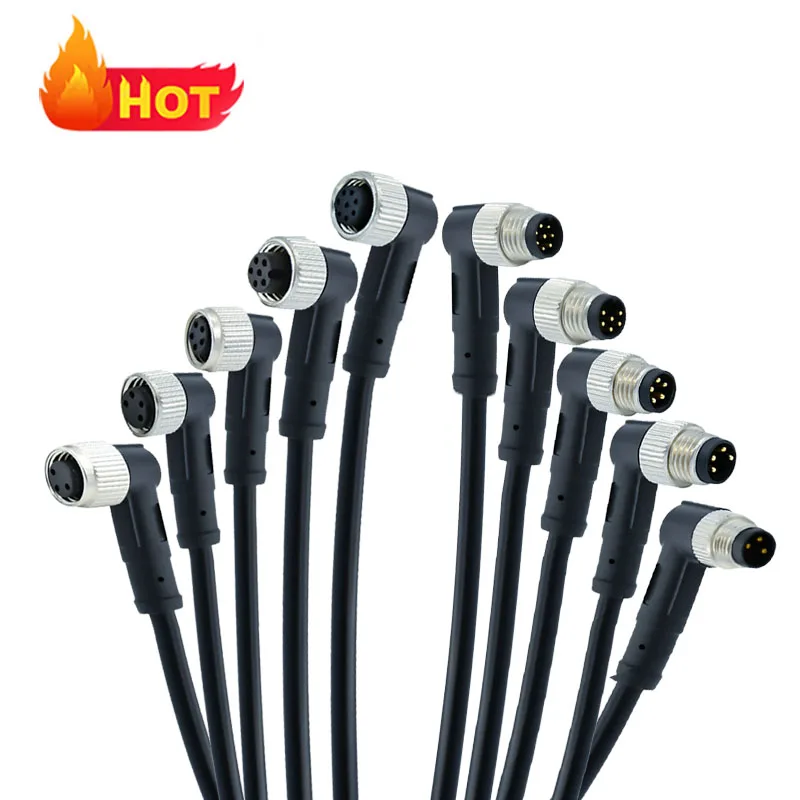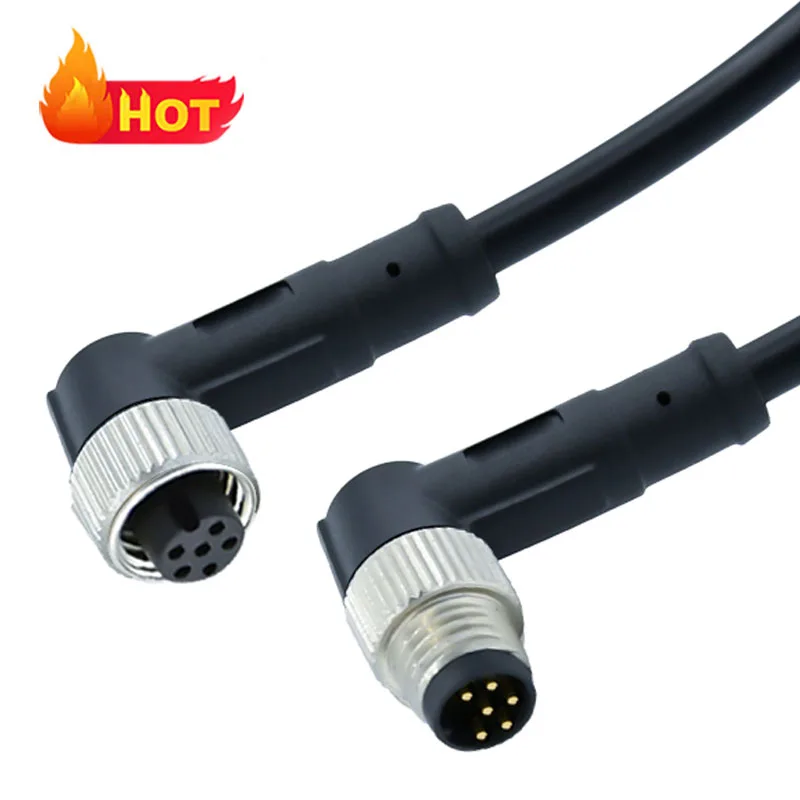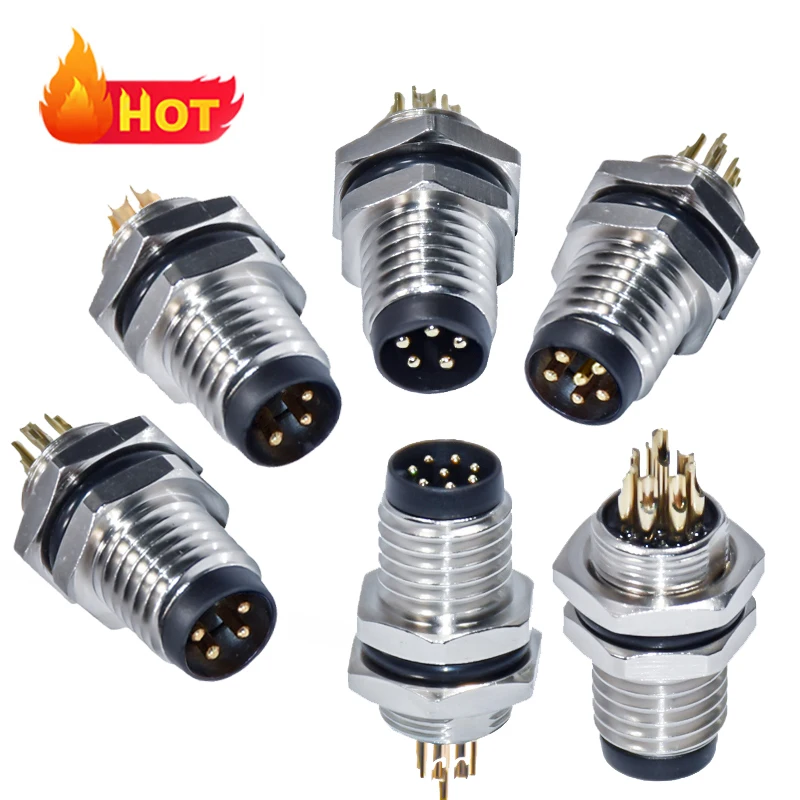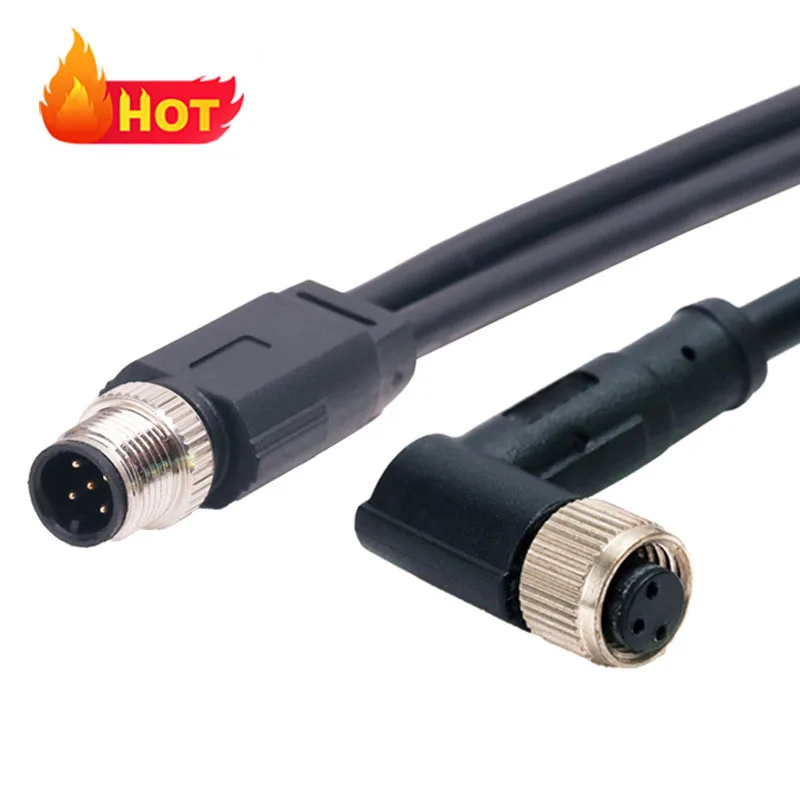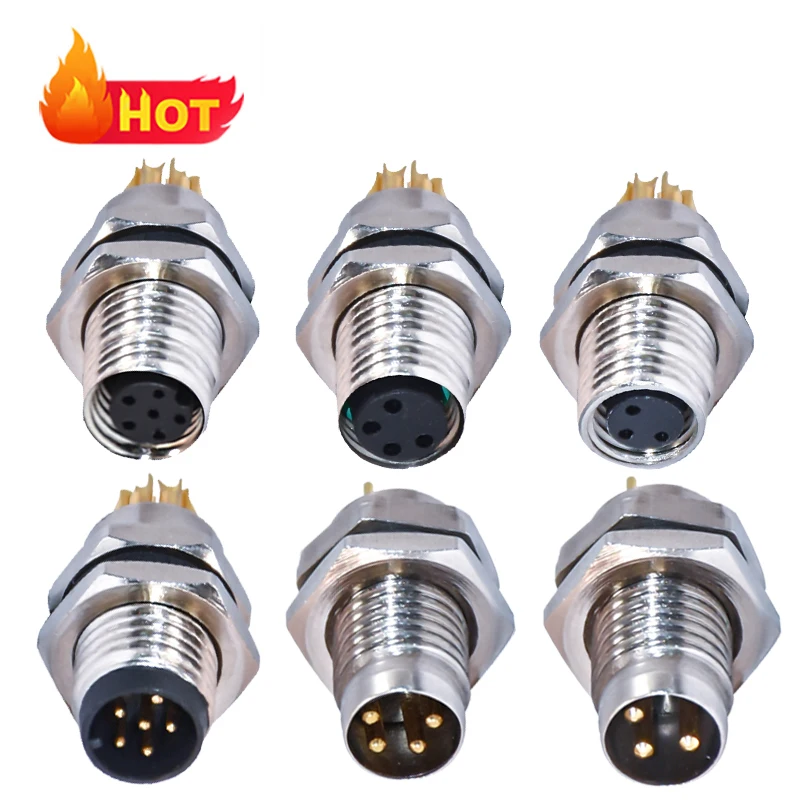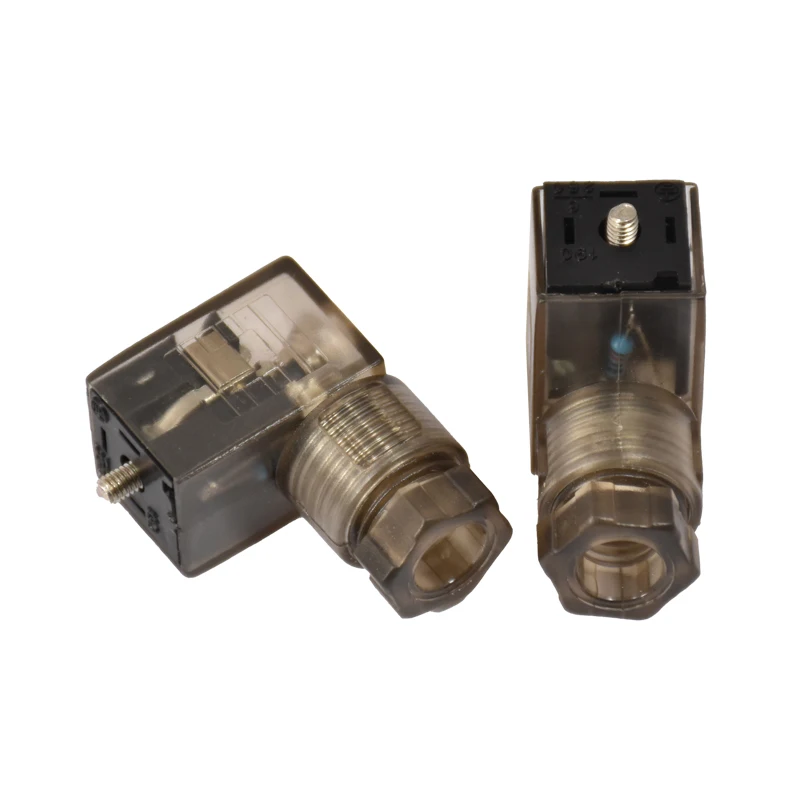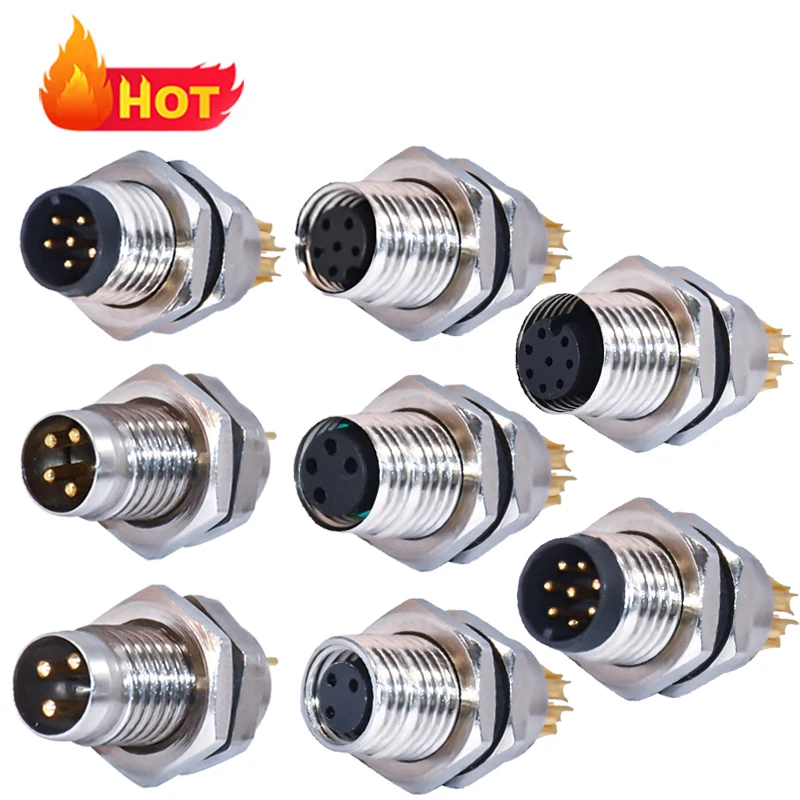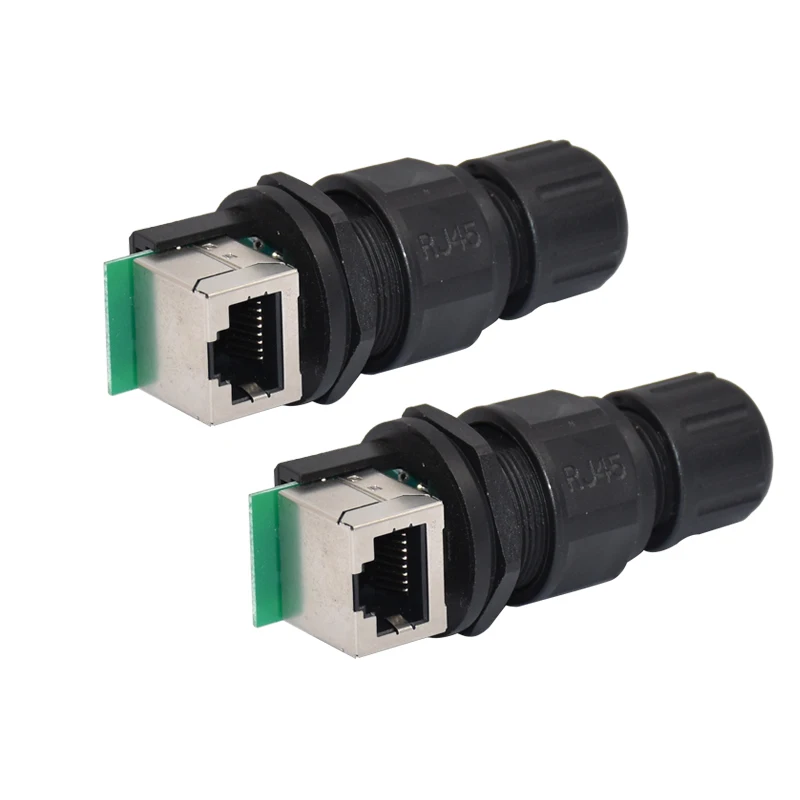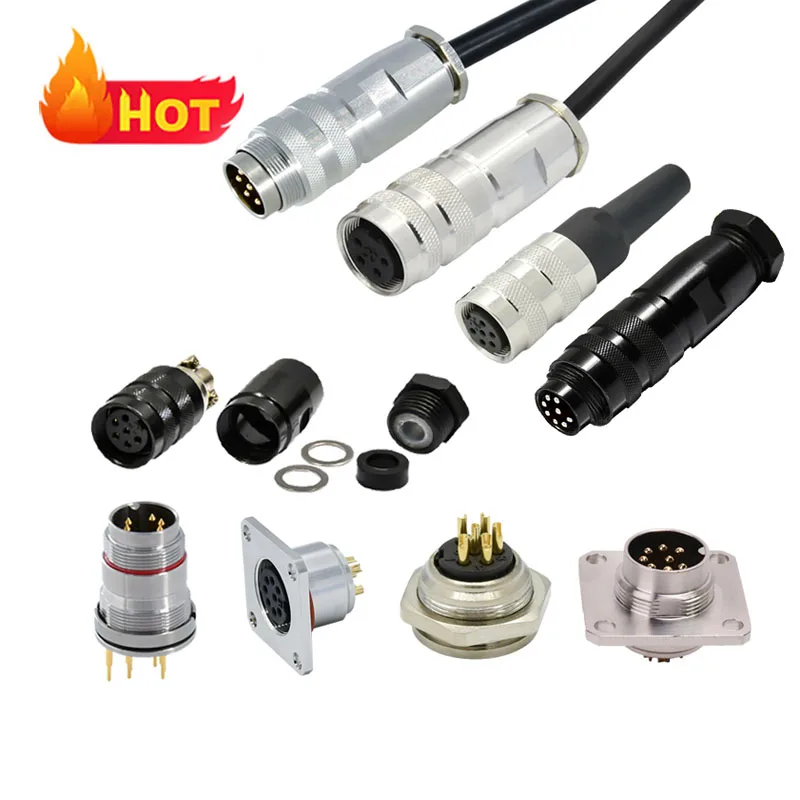The Versatility and Evolution of USB Connectors
Introduction to USB Connectors
In the vast ocean of digital connectivity, the symbols that stand for seamless data transfer and power delivery are USB (Universal Serial Bus) connectors. From their origin in the mid-1990s, USB connectors have transformed our interactions with electronic gadgets, making them a necessary part of our daily lives. This article explores how versatile USB connectors are and how much they have changed over time in today’s technological ecosystem.
Types and Standards of USB Connectors
The world of USB connectors has a wide range of types and standards that serve particular needs or applications. For instance there is classic rectangular shaped connector known as USB-A which used to be seen on countless desktops and laptops for years then there is modern reversible compact design namely USB-C now which may soon become an industry standard because it addresses all the changing expectations about technology.
USB-A: These are still widely found in peripherals such as external hard drives, keyboards and mice since they belong to the first members of this family. This type is so enduring due to its compatibility with many devices.
USB-B: Some printers and external hard drives use this type of connector having square shape with rounded corners suitable for high powered applications.
USB-C: The latest inclusion into the group of Universal Serial Buses, however, has been a game changer. It can be inserted both ways reducing frustration associated with wrong way insertions while supporting Tunderbolt 3 and USP 4.0 protocols meaning that it has very high speeds when sending data as well as charging at higher amperage rates.
USB Micro-B and USB Mini-B: In smartphones and portable devices, these were some smaller versions of USBs that had been phased out by the advent of USB-C technology.
Advantages of USB Connectors
There are several advantages associated with using these types of cables that have led to their widespread acceptance.
Plug-and-Play Compatibility: Since many different devices support USB connectivity, this means that one can easily plug in peripherals without compatibility issues.
High-Speed Data Transfer: When it comes to moving large files or streaming high-resolution multimedia content, you will find the USB technology like USB 4.0 the best for such needs as it has got very high data transfer rates.
Power Delivery: USB connectors are also useful as a power source for charging and powering devices, eliminating the need for dedicated chargers and cables.
User-Friendly Nature: The most standout aspect about USB-C compared to its counterpart is its two-way insertion capability that has simplified the connection process making it suitable for all users.
The Future of USB Connectors
USB connectors are on course to grow further by adapting more new standards and capabilities in line with advancing technologies. A great development which brings together the best features from Thunderbolt, DisplayPort ,and USB into a unified interface is called Universal Serial Buses 4 (USB 4) which is rapidly becoming popular. This integration promises even faster data transfer speeds, enhanced display capabilities, and greater versatility.
It seems more probable that future versions of this cable will prioritize recycling materials as well as energy conservation since environmental concerns are increasingly being raised within the industry.
Conclusion
Due to their transformation from simple data transfers into highly flexible connectors supporting high performance; USBs have come a long way since they were first introduced. As technology advances further, so too will USBs adapt themselves to fit new standards and capacities that challenge what we believe is possible. Regardless of whether you’re transferring information, powering your devices or linking up other gadgets through cables; these continue to be an essential part of our virtual universe.
Recommended Products
Hot News
-
The Future Of Connector Technology
2024-01-05
-
Connectors And The Internet Of Things
2024-01-05
-
The Impact Of Connectors On The Automotive Industry
2024-01-05
-
The Role Of Connectors In Data Centers
2024-01-05
-
The Evolution Of Connector Technology
2024-01-05

 EN
EN
 AR
AR
 BG
BG
 HR
HR
 CS
CS
 DA
DA
 NL
NL
 FI
FI
 FR
FR
 DE
DE
 EL
EL
 HI
HI
 IT
IT
 JA
JA
 KO
KO
 NO
NO
 PL
PL
 PT
PT
 RO
RO
 RU
RU
 ES
ES
 SV
SV
 TL
TL
 IW
IW
 ID
ID
 SR
SR
 SK
SK
 SL
SL
 UK
UK
 VI
VI
 ET
ET
 HU
HU
 TH
TH
 TR
TR
 FA
FA
 AF
AF
 GA
GA
 UR
UR
 PA
PA
 SI
SI

